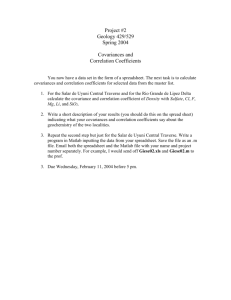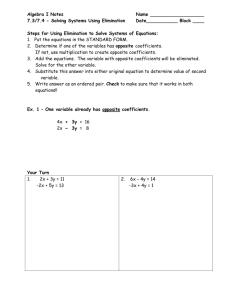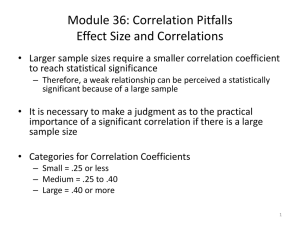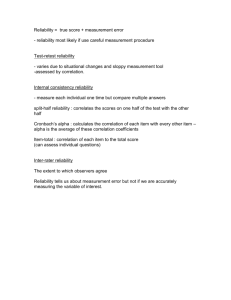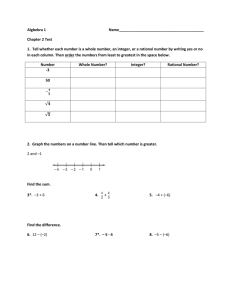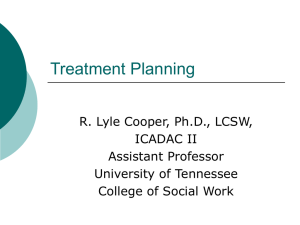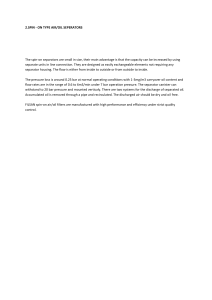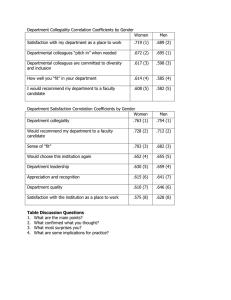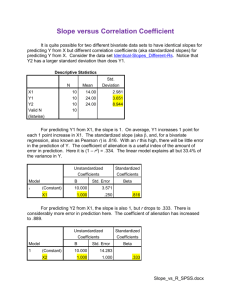Table 3 Results of construct validity against a series of theoretical
advertisement
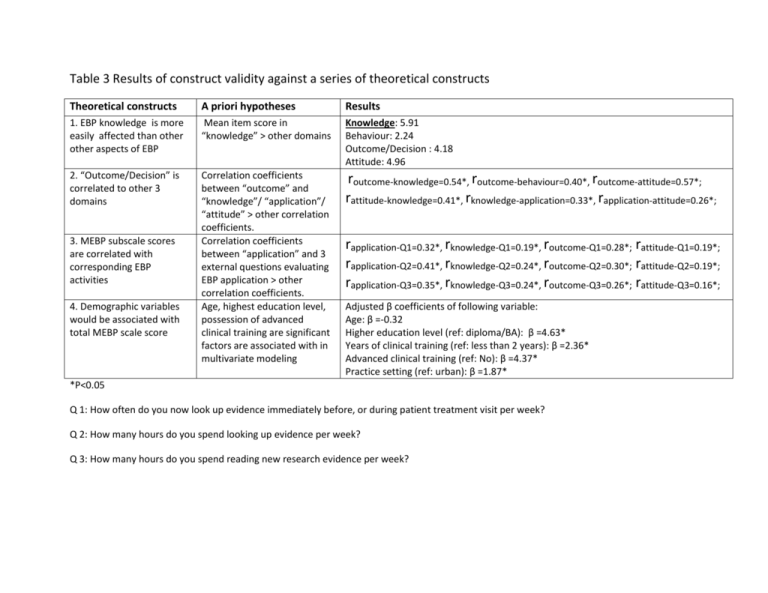
Table 3 Results of construct validity against a series of theoretical constructs Theoretical constructs A priori hypotheses Results 1. EBP knowledge is more easily affected than other other aspects of EBP Mean item score in “knowledge” > other domains Knowledge: 5.91 Behaviour: 2.24 Outcome/Decision : 4.18 Attitude: 4.96 2. “Outcome/Decision” is correlated to other 3 domains Correlation coefficients between “outcome” and “knowledge”/ “application”/ “attitude” > other correlation coefficients. Correlation coefficients between “application” and 3 external questions evaluating EBP application > other correlation coefficients. Age, highest education level, possession of advanced clinical training are significant factors are associated with in multivariate modeling routcome-knowledge=0.54*, routcome-behaviour=0.40*, routcome-attitude=0.57*; rattitude-knowledge=0.41*, rknowledge-application=0.33*, rapplication-attitude=0.26*; 3. MEBP subscale scores are correlated with corresponding EBP activities 4. Demographic variables would be associated with total MEBP scale score rapplication-Q1=0.32*, rknowledge-Q1=0.19*, routcome-Q1=0.28*; rattitude-Q1=0.19*; rapplication-Q2=0.41*, rknowledge-Q2=0.24*, routcome-Q2=0.30*; rattitude-Q2=0.19*; rapplication-Q3=0.35*, rknowledge-Q3=0.24*, routcome-Q3=0.26*; rattitude-Q3=0.16*; Adjusted β coefficients of following variable: Age: β =-0.32 Higher education level (ref: diploma/BA): β =4.63* Years of clinical training (ref: less than 2 years): β =2.36* Advanced clinical training (ref: No): β =4.37* Practice setting (ref: urban): β =1.87* *P<0.05 Q 1: How often do you now look up evidence immediately before, or during patient treatment visit per week? Q 2: How many hours do you spend looking up evidence per week? Q 3: How many hours do you spend reading new research evidence per week?
